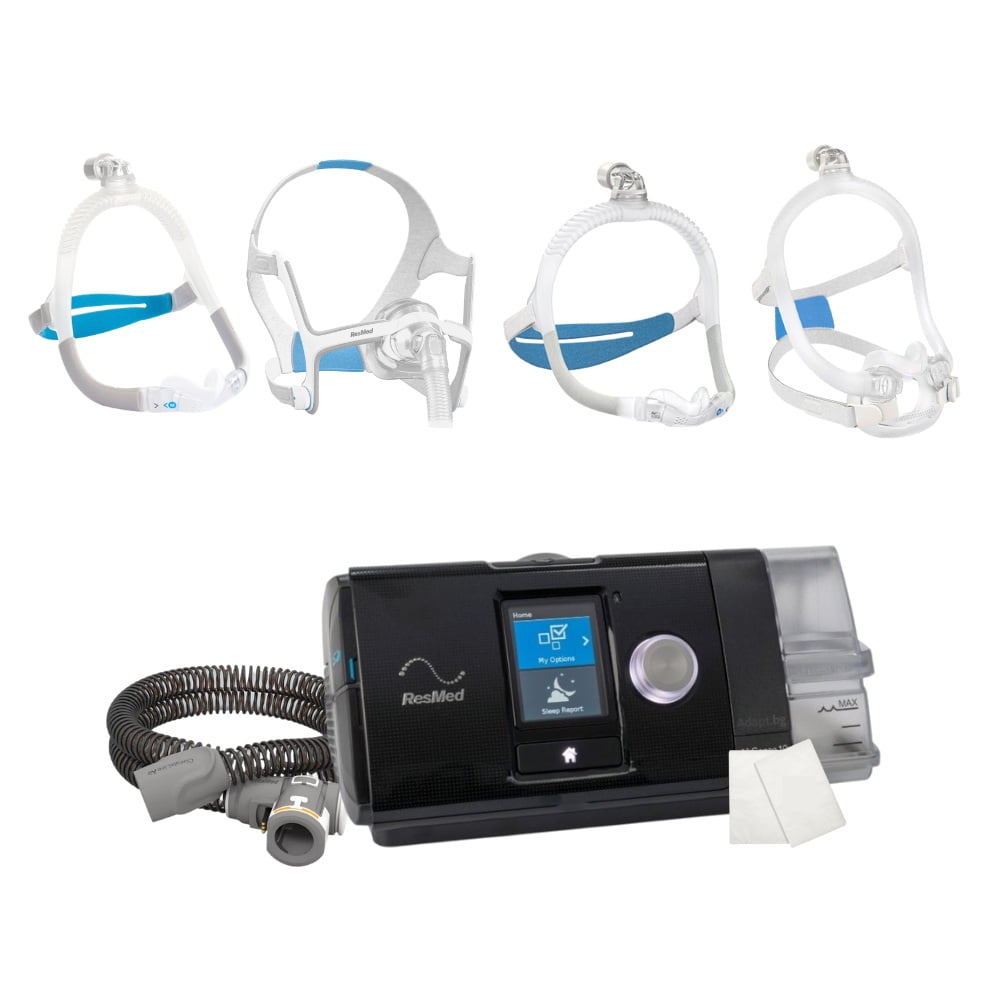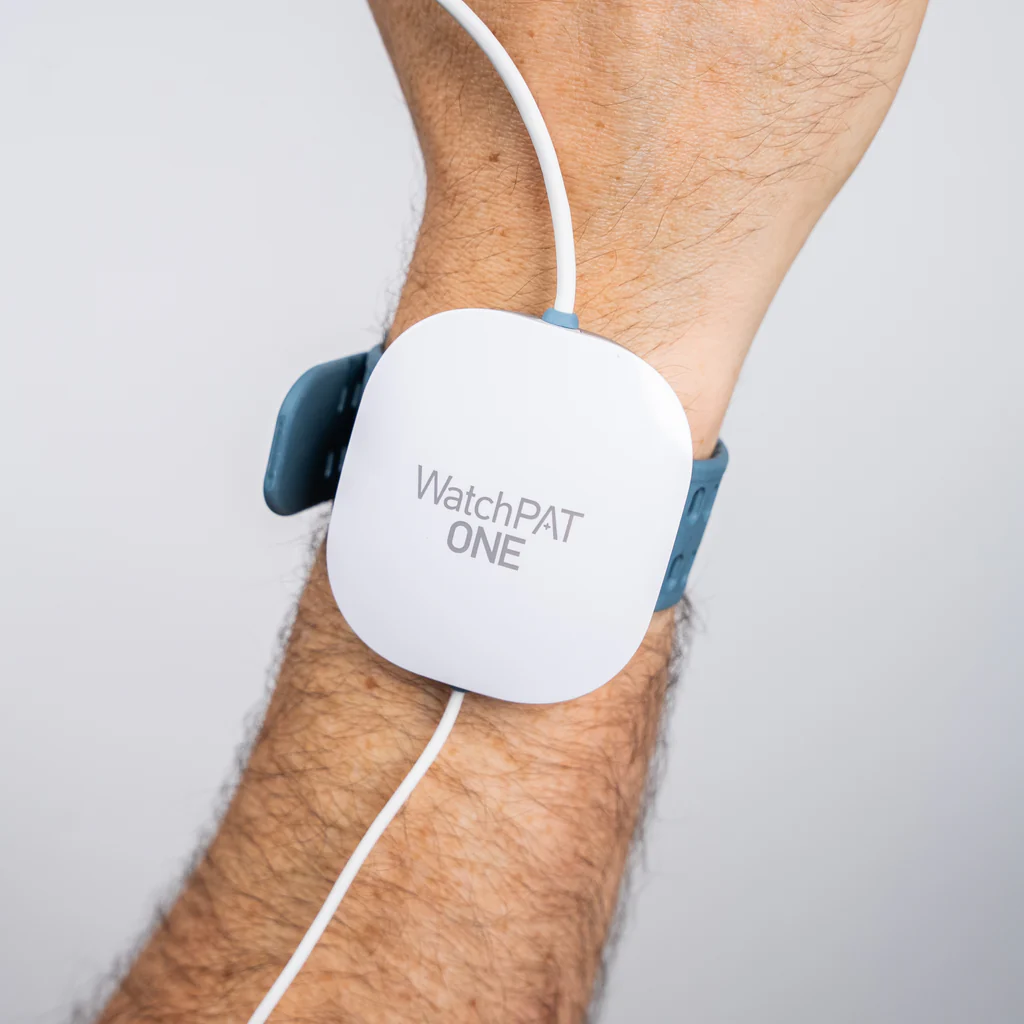Sleep assessments play a crucial role in understanding the quality and patterns of an individual’s sleep. By examining sleep data, experts can identify potential sleep disorders, provide accurate diagnoses, and develop effective treatment plans. To accomplish this, sleep study machines are utilized to gather comprehensive information about a person’s sleep patterns and behaviors.
Understanding the Importance of Sleep Assessments
Sleep is a fundamental aspect of overall health and wellbeing. It enables the body to regenerate, repair tissues, and consolidate memories. Moreover, sleep plays a vital role in regulating mood, metabolism, and immune function. Therefore, assessing an individual’s sleep is crucial in identifying any underlying issues that may be impacting their overall health.
Using sleep study machine involves several steps, from preparation to the actual assessment. It is important to understand the process to ensure a successful and informative sleep study.
When we sleep, our bodies undergo essential processes that help us function optimally during waking hours. During deep sleep stages, the body releases growth hormones that aid in cell repair and growth. This is crucial for maintaining healthy skin, muscles, and organs. Additionally, the brain consolidates memories and processes information gathered throughout the day, contributing to cognitive function and emotional well-being.
Furthermore, sleep directly influences our metabolism and weight management. Lack of sleep disrupts the balance of hunger hormones, leading to increased appetite and cravings for high-calorie foods. This can contribute to weight gain and obesity over time. By conducting thorough sleep assessments, healthcare professionals can pinpoint any disruptions in these crucial processes and provide targeted interventions to improve overall health.
The Role of Sleep in Overall Health
Adequate sleep is essential for maintaining a healthy body and mind. Research has shown that chronic sleep deprivation can lead to an increased risk of developing various health conditions such as obesity, diabetes, cardiovascular diseases, and mental health disorders.
Moreover, sleep plays a significant role in immune function. During deep sleep stages, the immune system releases cytokines, proteins that help combat inflammation and infection. A lack of quality sleep can weaken the immune response, making individuals more susceptible to illnesses ranging from the common cold to more severe conditions. By assessing an individual’s sleep patterns, healthcare providers can address any issues affecting immune function and support the body’s natural defense mechanisms.

Why Conduct a Sleep Assessment?
Conducting a sleep assessment allows healthcare professionals to evaluate potential sleep disorders such as sleep apnea, insomnia, narcolepsy, restless leg syndrome, and parasomnias. By diagnosing and treating these disorders, individuals can experience improved quality of life and enhanced overall health.
Furthermore, identifying and addressing sleep disorders can have a profound impact on mental health. Sleep disturbances have been linked to an increased risk of anxiety disorders, depression, and mood instability. By conducting comprehensive sleep assessments, healthcare providers can offer tailored treatments to improve sleep quality and support mental well-being. This holistic approach not only enhances the individual’s quality of life but also reduces the burden on the healthcare system by preventing the escalation of mental health conditions. Learn more about Sleep Study Sydney Cost: Evaluating Expenses for Sleep Assessments in Sydney visit at https://embracehealingcancer.com/sleep-study-sydney-cost-evaluating-expenses-for-sleep/
An Overview of Sleep Study Machines
Sleep study machines, also known as polysomnography devices, are sophisticated tools used in sleep assessments. They are designed to monitor various physiological signals during sleep, including brain activity, eye movements, muscle tone, heart rate, breathing patterns, and oxygen levels.
These machines play a crucial role in diagnosing sleep disorders such as sleep apnea, insomnia, narcolepsy, and restless legs syndrome. By capturing detailed data on a person’s sleep patterns and behaviors, sleep study machines provide valuable insights for healthcare professionals to make accurate diagnoses and develop effective treatment plans. Learn more about effective treatment plans visit at https://online.yu.edu/wurzweiler/blog/developing-treatment-plans.
Defining Sleep Study Machines
Sleep study machines are medical devices that consist of multiple sensors and electrodes, which are attached to the individual undergoing the sleep assessment. These sensors record and transmit data to the machine, which then processes and analyzes the information for further evaluation.
The data collected by sleep study machines is typically displayed in the form of a comprehensive report that includes information on the duration and quality of different sleep stages, the frequency of breathing disturbances, and the presence of abnormal behaviors during sleep. This detailed analysis helps sleep specialists identify patterns and abnormalities that may indicate an underlying sleep disorder.
The Different Types of Sleep Study Devices
There are different types of sleep study machines available, each tailored to address specific sleep-related issues. These include home sleep testing devices, portable sleep monitors, and in-laboratory polysomnography systems. The choice of device depends on the complexity of the sleep assessment and the preferences of the sleep specialist.
Home sleep testing devices are convenient options that allow individuals to undergo a sleep study in the comfort of their own bed. These devices are typically used to screen for sleep apnea and other common sleep disorders. Portable sleep monitors are compact devices that are ideal for monitoring sleep patterns over an extended period, providing valuable data for assessing treatment effectiveness. In-laboratory polysomnography systems offer the most comprehensive evaluation of sleep, as they involve an overnight stay in a sleep clinic where trained technicians monitor various aspects of sleep in a controlled environment.
Delving into the Functionality of Sleep Study Machines
To understand how sleep study machines work, it is essential to comprehend the technology behind these devices and their intricate functionality.
When delving deeper into the realm of sleep study machines, one can appreciate the precision and complexity involved in monitoring an individual’s sleep patterns. These machines are equipped with a myriad of sensors and electrodes strategically placed to capture even the slightest physiological changes that occur during sleep. By meticulously recording data throughout the night, these devices offer a comprehensive analysis of an individual’s sleep quality and any potential issues that may impact their rest. Learn more about potential issues click here.
How Sleep Study Machines Work
Sleep study machines utilize electrodes and sensors to detect and record various physiological signals during sleep. These signals are then converted into digital data, which is stored and analyzed by the machine. The collected information provides insights into sleep stages, breathing patterns, oxygen saturation levels, and potential disruptions in sleep continuity.
Moreover, the data collected by these machines is not merely a series of numbers and graphs; it represents a detailed narrative of an individual’s nightly journey through different sleep cycles. By deciphering this data, healthcare professionals can identify patterns, anomalies, and potential sleep disorders that may be affecting the individual’s overall well-being.

The Technology Behind Sleep Study Devices
Sleep study machines employ advanced technologies such as electroencephalography (EEG), electromyography (EMG), electrooculography (EOG), and respiratory effort belts to precisely monitor brain activity, muscle tone, eye movements, and breathing patterns. These technologies ensure accurate and comprehensive data collection during sleep assessments.
Furthermore, the integration of these technologies highlights the interdisciplinary nature of sleep medicine, combining elements of neurology, respiratory therapy, and biomedical engineering to create a holistic approach to diagnosing and treating sleep-related issues. By merging these diverse fields, sleep study machines offer a multifaceted view of an individual’s sleep health, paving the way for personalized treatment plans and improved overall well-being.
The Process of Using Sleep Study Machines
Before delving into the intricacies of using sleep study machines, it’s crucial to highlight the significance of sleep studies in diagnosing various sleep disorders. These studies play a vital role in identifying conditions such as sleep apnea, insomnia, narcolepsy, and restless leg syndrome, providing valuable insights for healthcare professionals to tailor appropriate treatment plans.
Preparing for a Sleep Study
Prior to a sleep study, individuals may be advised to follow specific pre-study instructions, such as avoiding caffeine and certain medications. They will also be asked to arrive at the sleep laboratory with comfortable clothing and personal items to create a familiar sleep environment.
Additionally, creating a relaxing pre-sleep routine can enhance the quality of data collected during the study. Engaging in calming activities like reading a book or taking a warm bath can help individuals unwind, promoting a more natural sleep pattern that mirrors their typical nighttime habits.
What to Expect During a Sleep Assessment
During a sleep assessment, individuals will be attached to the sleep study machine using electrodes and sensors. These are painless and non-invasive, ensuring a comfortable experience. Throughout the night, the sleep study machine will continuously collect data while individuals sleep naturally.
Moreover, the sleep study machine monitors various parameters such as brain waves, heart rate, oxygen levels, and body movements to provide a comprehensive analysis of the individual’s sleep patterns. This detailed data allows sleep specialists to evaluate the quality of sleep, identify disruptions, and pinpoint any underlying issues that may be affecting the individual’s restorative rest.
Interpreting Results from Sleep Study Machines
Once the sleep study is complete, sleep specialists meticulously analyze the collected data to interpret the results accurately. This analysis is instrumental in providing a comprehensive evaluation of the individual’s sleep patterns and identifying any potential sleep disorders.
Understanding Sleep Study Data
Sleep study data includes a detailed analysis of various sleep parameters, such as sleep latency, total sleep time, sleep efficiency, wake after sleep onset, and the presence of abnormal sleep events. By analyzing this data, sleep specialists can assess sleep quality and identify any disruptions or abnormalities.
For example, sleep latency refers to the time it takes for an individual to fall asleep after getting into bed. A shorter sleep latency may indicate good sleep initiation, while a longer sleep latency could suggest difficulties in falling asleep. Total sleep time, on the other hand, measures the overall duration of sleep during the study. Sleep specialists consider this parameter to evaluate if an individual is obtaining enough sleep for their age and specific needs.
The Role of Sleep Specialists in Data Interpretation
Interpreting sleep study data requires expertise and in-depth knowledge of sleep physiology. Sleep specialists meticulously analyze the collected data to diagnose sleep disorders accurately and recommend appropriate treatment options tailored to the individual’s specific needs.
During the data interpretation process, sleep specialists also pay close attention to sleep efficiency, which measures the percentage of time an individual spends asleep while in bed. A lower sleep efficiency may indicate fragmented sleep, which can be caused by various factors such as sleep apnea or restless leg syndrome. By identifying these disruptions, sleep specialists can provide targeted interventions to improve sleep quality.
Furthermore, the presence of abnormal sleep events, such as sleep apnea episodes or periodic limb movements, is carefully assessed. These events can significantly impact sleep quality and overall well-being. Sleep specialists analyze the frequency, duration, and severity of these events to determine the appropriate treatment approach, which may involve the use of continuous positive airway pressure (CPAP) machines or medication.
In conclusion, sleep study machines are invaluable tools in sleep assessments. These devices enable healthcare professionals to gather comprehensive sleep data, which plays a crucial role in identifying and diagnosing sleep disorders. By delving into the functionality of sleep study machines and understanding the process of using them, individuals can gain insights into their sleep patterns and take steps towards improving their overall health and wellbeing. The interpretation of sleep study data by sleep specialists ensures accurate diagnoses and effective treatment plans, ultimately enhancing the quality of life for those experiencing sleep-related issues.

